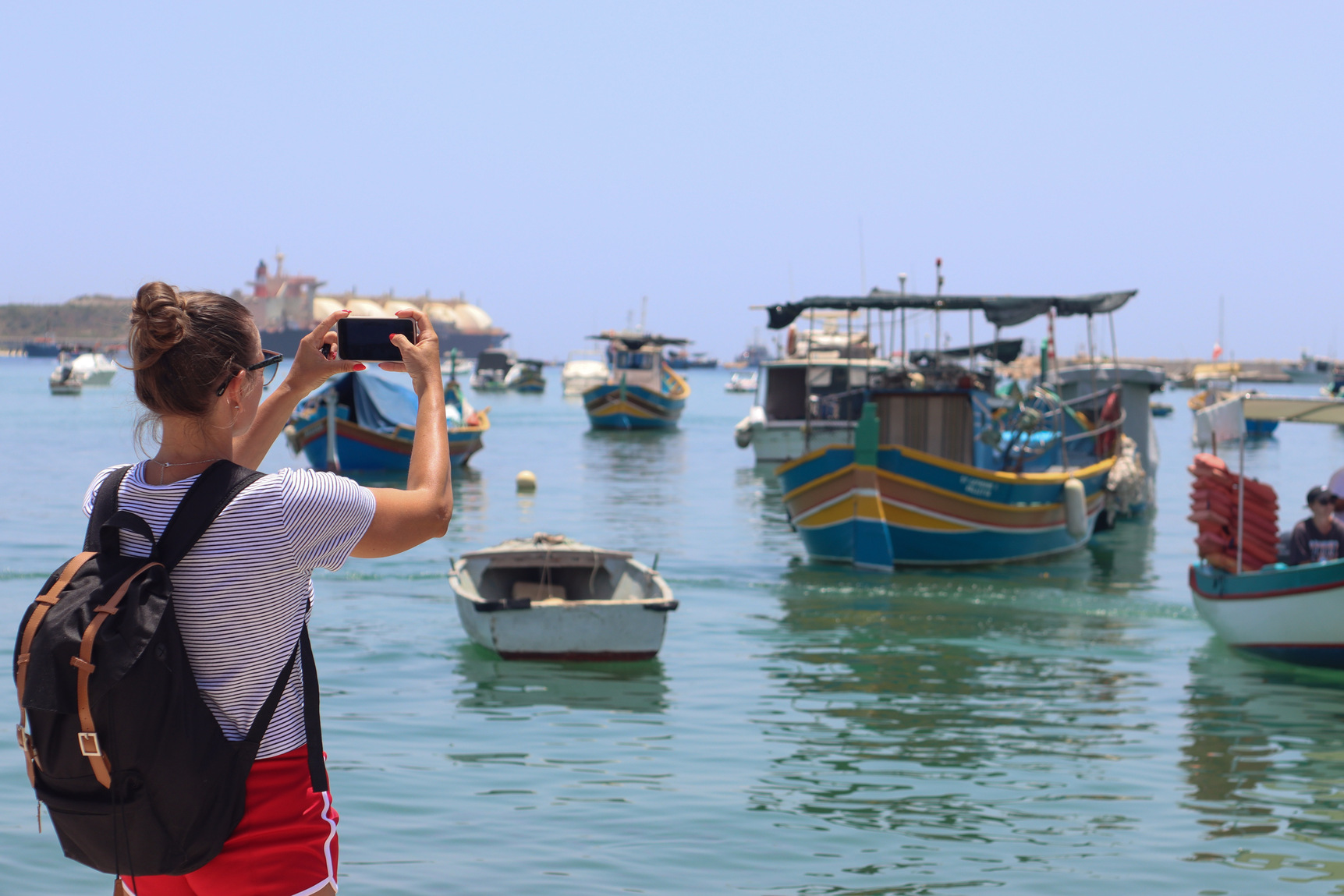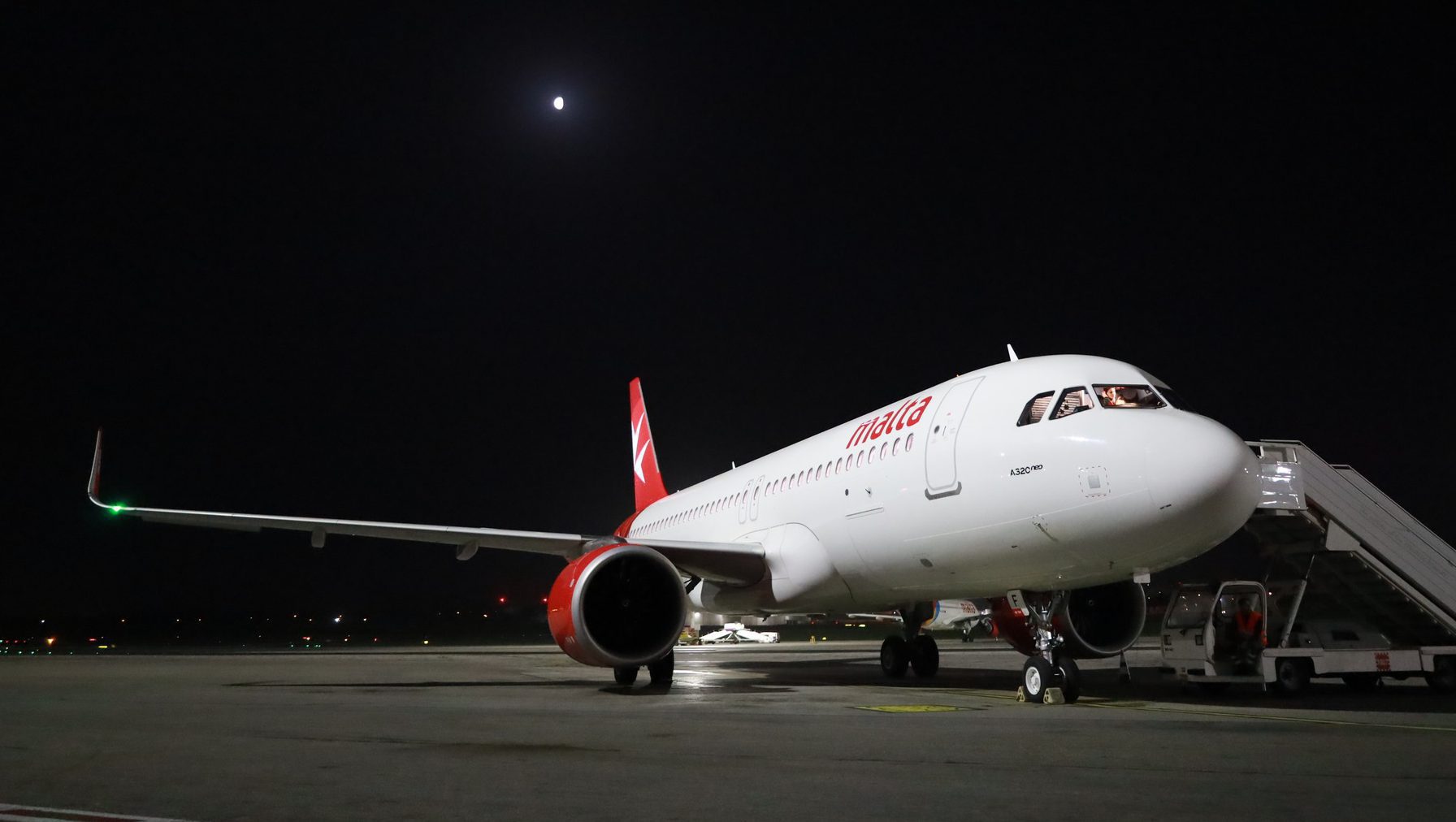Malta’s tourism sector managed to mount a faster-than-expected recovery following the two years of life support during the COVID-19 pandemic. Instead of reaching pre-pandemic levels of arrivals by 2025, as initially forecast, tourists flocked to Malta in 2023, in numbers exceeding the record figure achieved in 2019.
The strong recovery boosted Malta’s economic performance, contributing to its position as the fastest-growing economy in Europe and vindicating the Government’s decision to extend a costly wage supplement that allowed operators in hard-hit industries to retain their staff complement in anticipation of a quick re-opening.
On the back of what can only be considered as a successful year for the sector, BusinessNow.mt reached out to its leading representatives to see what they are expecting from 2024.
All three of the organisations contacted singled out inflation as the biggest threat to Malta’s tourism sector, with the Association for Catering Establishments (ACE) saying the greatest challenge will be “simply making ends meet”.
“The main topic for everybody is the insane inflation that is hitting our members hard,” it says, “and now, with the expected increase in freight costs [referring to a new shipping tax set to come into effect in January 2024], this will further impact our bottom line.”
The Malta Hotels and Restaurants Association (MHRA) admits that since inflation is mostly imported, “there is a limit to what can be done to mitigate this problem.”
President Tony Zahra says: “Clearly, Government has taken the wise decision to cushion the effect of raising energy costs, and this has been a great help, but there is much more to inflation than energy, and this will be a challenge going forward.”
As for the Gozo Tourism Association (GTA), it expresses a concern that “the continuation of price increases brought about by global inflation can negatively affect the tourism sector in Gozo.”
“Destination Gozo might lose its competitiveness due these increases,” says CEO Joe Muscat. “This poses a threat to Gozo’s economy, knowing very well that the island’s economy is so heavily dependent and reliant on its tourism performance.”
The threat of regional conflict emerges as the second major concern, possibly exacerbating global inflation. The GTA warns that the Maltese Islands may be impacted by higher energy and cereals costs, and while lauding the Government’s assistance in mitigating these increases so far, “we are concerned as to how much longer the Maltese Government will continue to endure this subsiding if these costs continues to rise.”
Mr Zahra meanwhile notes that the military conflicts in Ukraine and Gaza, thus far relatively contained, “can spill over into major regional wars, with concurrent economic conflicts,” representing “Malta’s most serious threats for 2024.”
“However,” the MHRA president continues, “given that none of the above threats from overseas develop into major conflicts, then I would expect 2024 to be a year of expansion.”
Similarly, Mr Muscat believes that 2024 will be “a year during which we will continue to experience growth and continue improving on the pre-pandemic years.”
Asked what the national priorities for the coming year should be, the GTA CEO says “it is high time to tackle seriously the number of foreign workers and introduce genuine control without adding more bureaucracy,” with the recent announcement of a skills card for tourism workers “a move in the right direction.”
The other major priority for Gozo is to “introduce planning and development policies tailor-made for Gozo, which are different than those applicable on the mainland, in order to continue developing the island in line with the island’s identity and character.”
Mr Muscat warns that “with every day that passes, Gozo is experiencing more building development which does not reflect Gozitan characteristics. This fact in itself is slowly but surely changing the image of Gozo, with which we have been promoting the distinctiveness of the island for so many years.
“If this development, which does not blend into and respect the island’s identity, continues in this current frenzy, Gozo will certainly not remain a different and distinct holiday destination any longer.”
The MHRA on the other hand gives more attention to increased sustainability efforts while ensuring that public finances remain at a healthy level by bringing the deficit below three per cent.
Finally, articulating a common complaint among business organisations, the MHRA also insists that economic growth must come from an increase in productivity, not from an increasing population.
In pictures: These Maltese houses just won architectural awards
The BIG SEE Architecture Awards are given to projects from South-East Europe
Annual STI testing for non-EU massage therapists amounted to ‘slander,’ admit health authorities
Health authorities kept quiet about changes to the legal provisions
KM Malta Airlines announces extra flights and special fares for MEP and local council elections
To qualify for special fares, all travel needs to take place into and out of the same city






